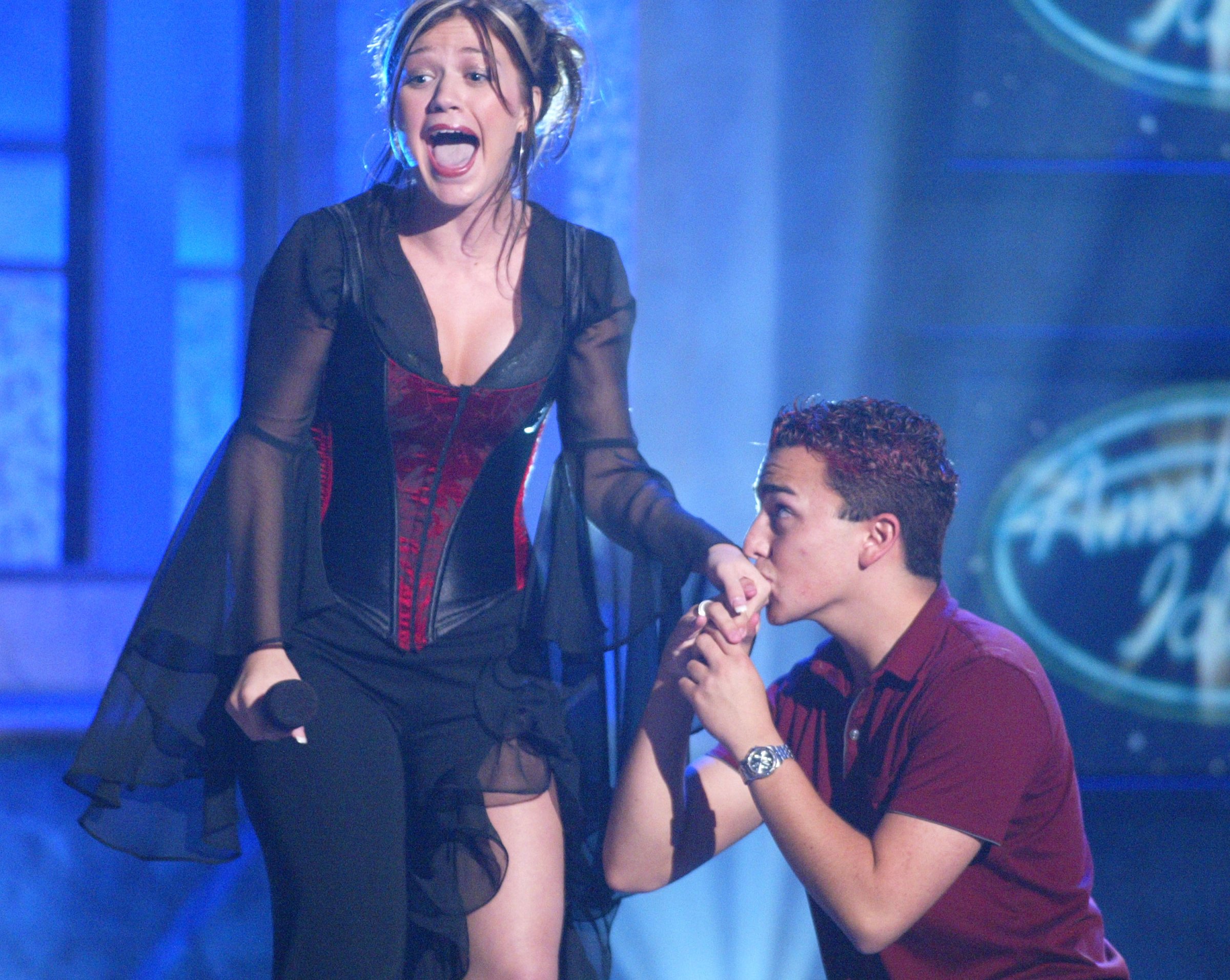
When American Idol premiered back in 2002, it was an original—despite the fact that it was technically just a remake of the British series Pop Idol.
Over the course of its long run, which will end on Thursday, the show discovered a trove of musical treasures, like Kelly Clarkson, Carrie Underwood and Jordin Sparks, to name a few. It also reimagined reality TV by shoring up the competition genre on American airwaves. But it wasn’t always clear that the singers or even the format would be the winner. Initially, the critical focus of Idol was on its judges, one in particular, in fact.
TIME’s first review of the show—which ran on July 1, 2002, shortly after the show premiered—described Simon Cowell as the “British BMG Records executive” who “eviscerate[d] wannabe divas with insults that would make one reconsider singing in the shower, let alone in public.”
Get your history fix in one place: sign up for the weekly TIME History newsletter
TIME’s critic pointed out that Idol was, at heart, “an ordinary music contest: hopeful talent, shattered dreams,” but it was the “full-contact judging of Cowell” that “made it America’s new favorite source of schadenfreude.”
It was Cowell’s harshness that gave Idol its edge. The magic of Idol was in its “British headmasterly discipline running smack into the preternatural sense of self-esteem—often inversely proportional to talent—that Americans have hardwired into them from the womb.”
Read the full review from 2002, here in the TIME Vault: Rhyme and Punishment
More Must-Reads from TIME
- Why Trump’s Message Worked on Latino Men
- What Trump’s Win Could Mean for Housing
- The 100 Must-Read Books of 2024
- Sleep Doctors Share the 1 Tip That’s Changed Their Lives
- Column: Let’s Bring Back Romance
- What It’s Like to Have Long COVID As a Kid
- FX’s Say Nothing Is the Must-Watch Political Thriller of 2024
- Merle Bombardieri Is Helping People Make the Baby Decision
Contact us at letters@time.com